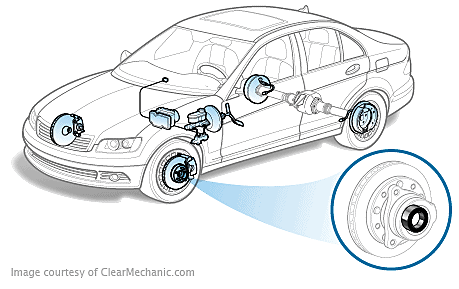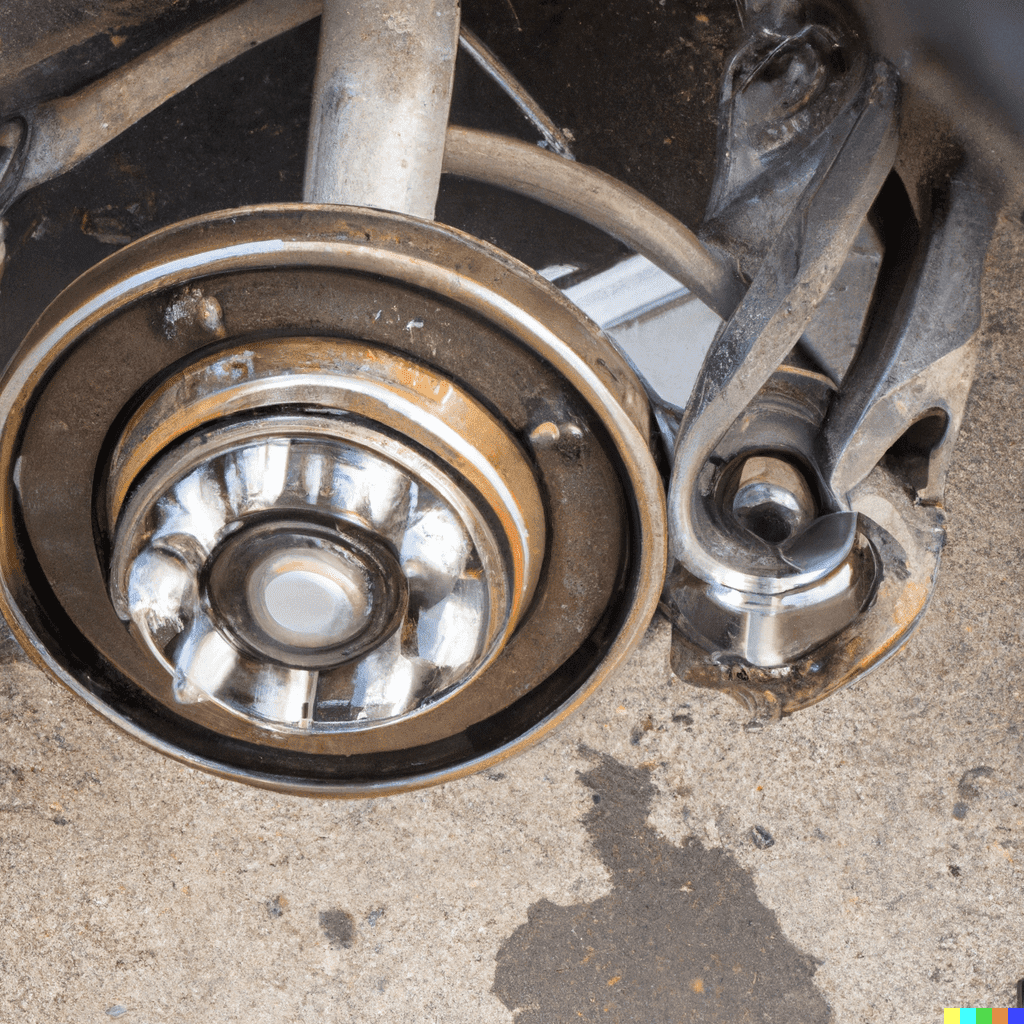If you’re experiencing unusual noises or vibrations while driving, it’s possible that your wheel bearings need to be replaced. Wheel bearings play an important role in the suspension system of your car, as they allow the wheels to rotate smoothly and with minimal friction. In this article, we’ll discuss everything you need to know about wheel bearings, including their replacement cost and how to identify faulty ones.
What are Wheel Bearings?
Wheel bearings are small, metal ball bearings that are located inside the wheel hub assembly of your car. They are designed to allow the wheel to rotate smoothly while supporting the weight of the car. There are two types of wheel bearings: the front wheel bearings, which are located on the front wheels of the car, and the rear wheel bearings, which are located on the rear wheels of the car.
How Much Will it Cost to Replace Wheel Bearings in Canada?
The cost of replacing wheel bearings in Canada can vary depending on the make and model of your car, as well as the location of the repair shop. On average, the cost of replacing a single wheel bearing can range from $150 to $350, with an additional $200 to $400 for the labor costs. So, the total cost for replacing both front wheel bearings can range from $500 to $1000.

What are the Symptoms of Faulty Wheel Bearings?
Some of the most common symptoms of faulty wheel bearings include:
• Unusual noises coming from the wheels, such as grinding, clicking, or humming sounds
• Vibrations or shaking in the steering wheel or car body
• Uneven tire wear
• Steering wheel that feels loose or wobbly
• Reduced handling or braking performance
If you notice any of these symptoms, it’s important to have your wheel bearings checked as soon as possible.
How Long Do Wheel Bearings Last?
Wheel bearings can last for a long time, usually around 100,000 to 150,000 kilometers. However, the lifespan of the bearings can vary depending on several factors, such as driving conditions, frequency of use, and maintenance.
How Can Wheel Bearings Become Defective?
Wheel bearings can become defective due to several reasons, including:
• Lack of lubrication or contamination with dirt or water
• Wear and tear from regular use
• Damage from accidents or collisions
• Overloading or carrying heavy loads
• Improper installation or poor quality parts
How Can Faulty Wheel Bearings Affect the Car’s Performance?
Faulty wheel bearings can have a significant impact on the performance and safety of your car. If left unchecked, they can cause severe damage to other parts of the suspension system, such as the steering and braking components. This can lead to a loss of control, reduced handling, and increased stopping distances, all of which can put you and other drivers at risk.
Is it Safe to Drive with Faulty Wheel Bearings?
No, it’s not safe to drive with faulty wheel bearings. If you suspect that your wheel bearings are damaged or worn out, it’s important to have them replaced immediately to avoid any potential safety hazards.

How Can I Make My Wheel Bearings Last Longer?
To extend the lifespan of your wheel bearings, here are some tips to keep in mind:
• Regularly inspect your wheel bearings for signs of wear and tear
• Keep your wheels properly aligned and balanced
• Avoid overloading or carrying heavy loads
• Avoid driving on rough or uneven surfaces
• Use high-quality wheel bearings and have them installed by a professional
• Follow the manufacturer’s recommended maintenance schedule for your car
Conclusion
In summary, wheel bearings are an important component of your car’s suspension system, and it’s crucial to have them checked regularly to ensure that they’re in good working condition. If you notice any unusual noises or vibrations, or if your car
